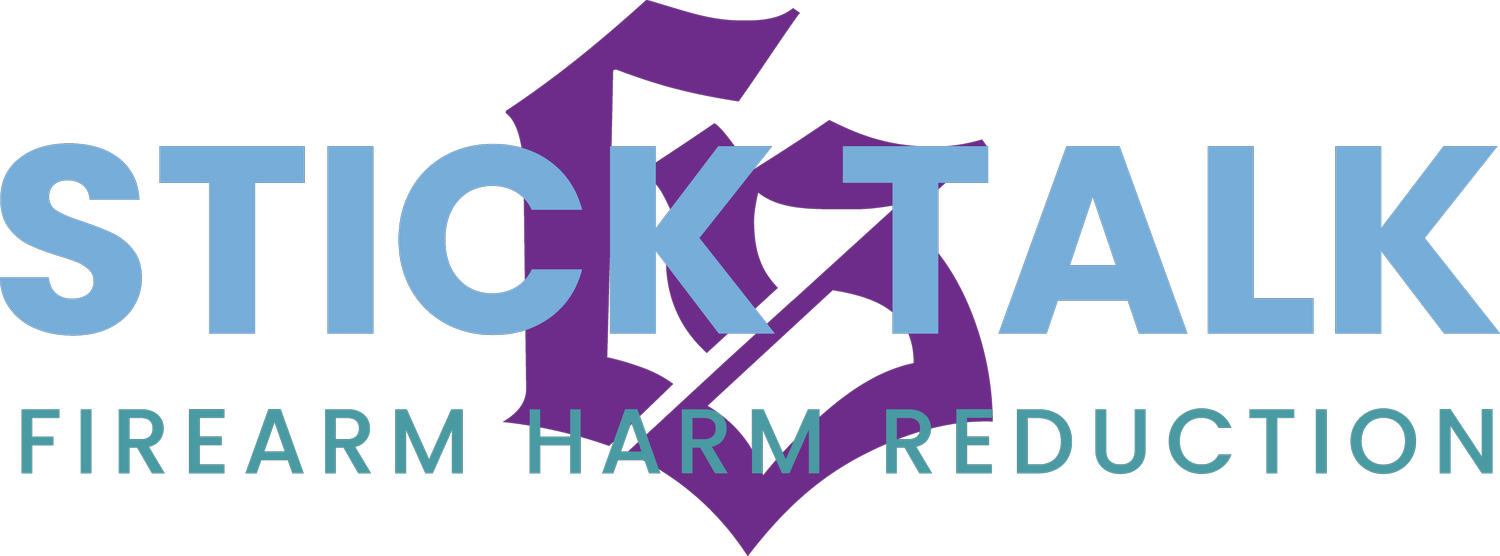
“Take the Money and Run”
NPIC Practitioners Lab
Stick Talk is offering 15 Chicago-based changeworkers stipends of $1,200 each for their participation in the inaugural cohort of the Non-Profit Industrial Complex Practitioners Lab.
In The Revolution Will Not Be Funded (2007), INCITE! – a national network of radical feminists of color – warn of the ways that traditional philanthropic funding structures can derail and demobilize social justice movement work. What they call the non-profit industrial complex (the NPIC) threatens to “harness and restrict” our political imaginations and “redirect activist energies into career-based modes of organizing instead of mass-based organizing capable of actually transforming society.”
INCITE!’s critique remains as relevant today as when they first brought it forth more than 15 years ago. Every day, changeworkers make rational, pragmatic choices to resource and sustain their projects through the financial and operational infrastructure of the NPIC. How can we be more critical about the subtle, ever-evolving forms of state and owning class control and surveillance that we invite in when we make these choices? How can we be better equipped, collectively, to anticipate and resist these forces of surveillance and control?
The purpose of the NPIC Practitioners Lab is to support 15 Chicago-based changeworkers to come together for 3 months of thought partnership, collective education, co-strategizing, and capacity building.
“I’m very much afraid of this ‘Foundation Complex.’ We’re getting praise from places that worry me.”
-– Ella Baker, 1963
“There are too many professionals and researchers in our community, profiting off our pain.”
-– South Side Chicago resident and gun violence survivor, 2022

This is an opportunity for those who…
are already in practice, actively engaged in community-based work.
have bumped up against the constraints and paternalism of the NPIC.
are finding it hard to contend with the structural forces of the NPIC amidst the urgency and scarcity that often characterize the culture of social justice work.
Through collective study, we will explore the following questions:
How do the dynamics of the NPIC produce siloing and competition?
What are the connections between incarceration, non-profits, and universities? In other words, how do the prison industrial complex, the non-profit industrial complex, and the academic industrial complex overlap and interlock?
Historically, how has the NPIC evolved? How has it conservatized social movements or waylaid their revolutionary potential?
In what ways is the non-profitization of our movement ecosystem contributing to the inequitable distribution of resources, power, and authority? What can we do to diminish the stratification between those who are doing their jobs to maintain their positions and their organizations, and those who are struggling to survive?
What does it mean to recognize and resist “the pressures to professionalize” our work?
What are tactics we can draw on to more closely align the organizational containers we use with our politics and values?

We will use our time together to…
build a relational network of support and interdependence.
mobilize our collective wisdom to identify and assess the common challenges we face across our different experiences, social positions, and professional affiliations.
devise shared strategies to address these challenges.
examine funding structures and mutual aid models that materially sustain visions of community self-determination in ways that avoid the pitfalls of the NPIC.
develop collaborative projects, working groups, activities, and/or educational materials.
respond to questions and needs that emerge among cohort members.
Expectations
Participants will be expected to…
co-create and follow group agreements.
attend and actively participate in all meetings.
complete work between meetings.
wear a mask during in-person meetings. (Masks will be provided.)
share in the leadership of the group, and contribute to shaping the vision and strategy for our work together.
Each cohort member will receive a $1,200 stipend for their time, participation, and labor .

Please note
The NPIC Practitioners Lab is not a book group. We will engage with books, articles, podcasts, and other resources, but only as a means of deepening our practice. We are committed to making theories, histories, and criticism accessible, relevant, and useful in order to build on our collective wisdom and equip ourselves with tactics and tools to show up better, on the ground, for our communities.
Also, though convened and resourced by Stick Talk, this project is ultimately intended to build participating practitioners’ capacities for self-organization.
Schedule
The 10 meetings of the NPIC Practitioners Lab will take place between mid-June and mid-September, 2024.
Of the 10 total meetings, 8 will be virtual (2 hours each), and 2 will be in-person (3.5 hours each).
Thursday, June 27th, 6–8pm (virtual)
Saturday, July 13th, 11:30am–3pm (in-person, lunch provided)
Wednesday, July 17th, 6–8pm (virtual)
Wednesday, July 24th, 6–8pm (virtual)
Wednesday, August 7th, 6–8pm (virtual)
Saturday, August 17th, 11:30am–3pm (in-person, lunch provided)
Wednesday, August 28th, 6-8pm (virtual)
Thursday, September 5th, 6–8pm (virtual)
Thursday, September 12th, 6–8pm (virtual)
Thursday, September 19, 6-8pm (virtual)
Questions? Please contact us at comms@sticktalk.org.












